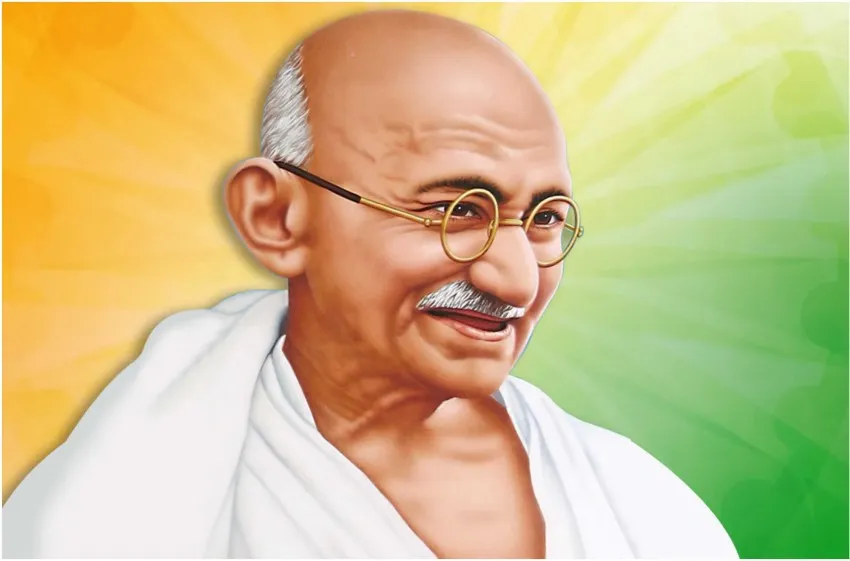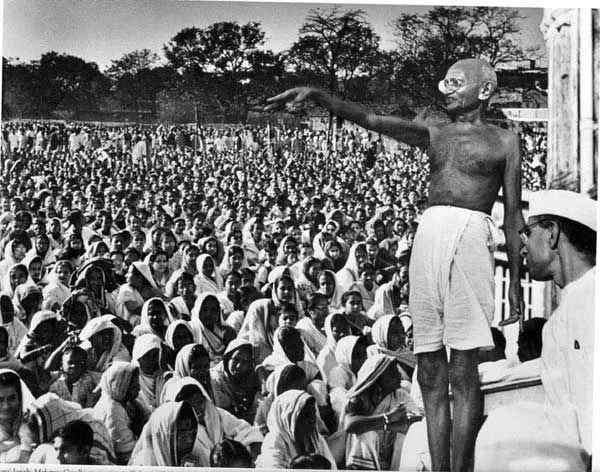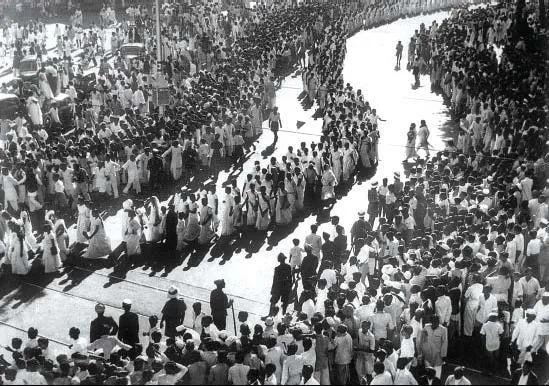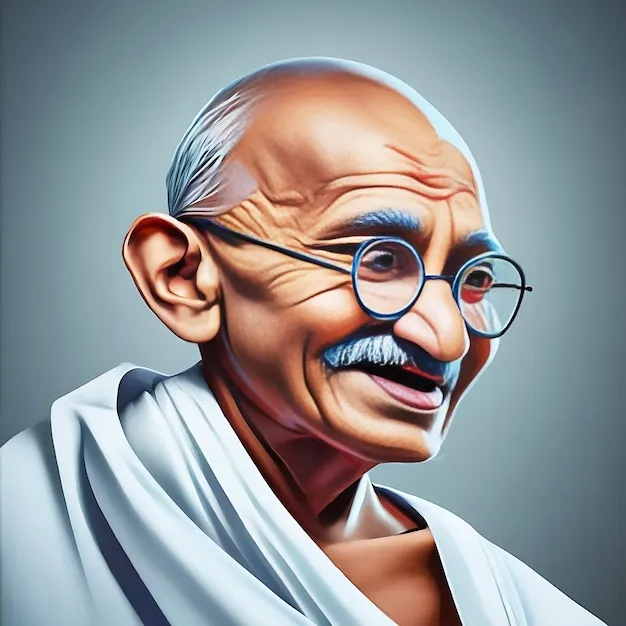Introduction
Every year on 2nd October, India and the world are reminded of the need to stop wars, conflicts, and materialism in most parts of the globe by celebrating Gandhi Jayanthi, which commemorates the birth anniversary of Mahatma Gandhi, the global icon of peace, non-violence, and truth. His influence on India’s struggle for independence and the message of the value of Satyagraha, or truth, and Ahimsa, or non-violence, took to people’s spirits all over the world. Gandhi Jayanti 2024 is a date that reflects upon his timeless teachings and yet how relevantly philosophical his ideas are even in the present-day world.
Its Significance
Gandhi Jayanti is not just a national holiday; it is also a day of international importance because Mohandas Karamchand Gandhi was the Father of the Nation. Indeed, he was part of India’s movement for independence, but it was through his peaceful civil disobedience that he showed how justice could be obtained minus any violence; it was he who inspired movements all around the world for civil rights and freedom. Gandhi Jayanti is also a time to remind people of his influence in the social sphere of history because his lessons of non-violence and harmony have been in demand in his own era and time as well.

Childhood and Education
He was born on 2 October 1869 in Porbandar, a seaport town in present-day Gujarat, India. Generally, his life before the events in South Africa was pretty run-of-the-mill, but he pursued education and experiences that groomed him to become the leader he later became. Gandhi was educated in London as a lawyer and later toiled in South Africa, where discrimination was rampant. This prevalence of rampant discrimination heightened his determination to fight for justice. His experiences in South Africa were critical experiences in the building of principles of Satyagraha and non-violent resistance, which he later carried into India’s freedom movement.
Major Influential Factors for the Development of Gandhian Ideologies
There were many drives that had played a very important role in Gandhi’s life during his early years. His mother’s profound religious devotion and love for truth instilled morality in him. Besides these, his readings of the Bhagavad Gita besides texts on Christianity and Buddhism moulded his thoughts into tolerance, unity, and non-violence, which made him a universal figure for peace.
Role of Mahatma Gandhi in the Indian Freedom Movement
Starting in 1915, when Gandhi returned to India, a new page was marked in the fight for independence. He has also formulated a philosophy referred to as Satyagraha, or non-violent protest tactics made against possibly unjust laws. His initial actions on his return included the Non-Cooperation Movement of 1920, the Salt March or Dandi March of 1930, and the Quit India Movement of 1942. All these movements played an important role in the mobilization of millions of Indians and brought people together to fight for freedom.
Non-Cooperation Movement
The Non-Cooperation Movement was launched in response to the Jallianwala Bagh Massacre and inhuman policies of the British government. It was a movement asking Indians to shun British goods, institutions, and jobs. He emphasized self-sufficiency through the justification of Khadi, handspun, and clothing as a form of protest to be spread across the nation.

Dandi March
Dandi March: The most illustrious acts of civil disobedience that Gandhiji directed were the Dandi Marches-a 240-mile journey-against the British salt monopoly. It established the beginning of mass defiance and the revelation of the power of non-violent resistance.

Quit India Movement
It was in 1942 when Gandhi called for the India Movement, demanding an end to British rule on the spot. This call went with his famous slogan “Do or Die,” which united the country into a final push for independence. Although Gandhi and most of the leaders were sent to jail, the movement successfully intensified India’s demand for independence. Eventually, this was the reason for her liberation in 1947.

Gandhi’s Legacy: Lessons in Non-Violence and Truth
The Ahimsa (non-violence) and Satya (truth) were two core elements of Gandhi’s philosophy. His process was so simple yet profound that one could fight oppression and injustice without harming someone else. This does not merely encompass political movements but daily life as well, by being respectful, empathetic, and unified.
Relevance of Gandhian Philosophy in the Modern Era
In a world still marred by conflicts, violence, and inequality, Gandhi’s teachings sparkle like a beacon of light. From grassroots movements battling for environmental justice to global leaders preaching peace, principles of Gandhi Jayanthi remind people of the efficacy of truth and non-violence. His teachings transcend borders and continue to inspire the individual and community when striving for a just and peaceful world.
International Impact of Gandhian Principles
From his philosophy of non-violence, He influenced the course of many great leaders and movements worldwide. Incidentally, Martin Luther King Jr. and Nelson Mandela are also known to have been heavily influenced by his means. Civil rights movements found a basis in Gandhi’s work; his words of equality and justice would ring around every corner of the world.
To what extent would Mahatma Gandhi’s principles affect the global discussion?
The lessons brought by him have affected and impacted more than just India’s political institutions alone and have emerged to inspire global leaders and thinkers who fought for their rights against racial oppression, colonialism, and injustice.
**Inspiration to Leaders like Martin
Both considered and followed his philosophy of non-violence in their respective struggles for racial equality leadership. Martin Luther King Jr. was an American Civil Rights Movement leader who was influenced by Gandhi’s philosophy of non-violence in his fight for racial equality in the United States, and Nelson Mandela, a South African anti-apartheid revolutionary, former President of the country who also emulated the principles of Gandhi in his struggle against racial segregation as he called for peaceful resistance against oppressive powers.
This is the reason why his ideals inspire leaders and movements across the globe and are testified to be supportive proofs of showing that truth and non-violent resistance can profoundly affect social change.
Conclusion
Embracing Gandhi’s Philosophy for a Peaceful Planet
On this Jayanthi 2024, the great leader Mahatma Gandhi reminds the world of the momentous impact made by him on India as well as in the world. His principles of truth, non-violence, and justice have rewritten history and remain extremely relevant today amidst this complex world. His teachings are not confined to the past; instead, they provide solutions to the present-day challenges pertaining to social inequality and global conflicts. Gandhi’s philosophy will only support the concept of making the earth a place for peace, justice, and equality. Let us celebrate this Gandhi Jayanti with a commitment to follow his great vision, striving together toward building a more humane and harmonious world.


